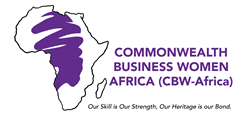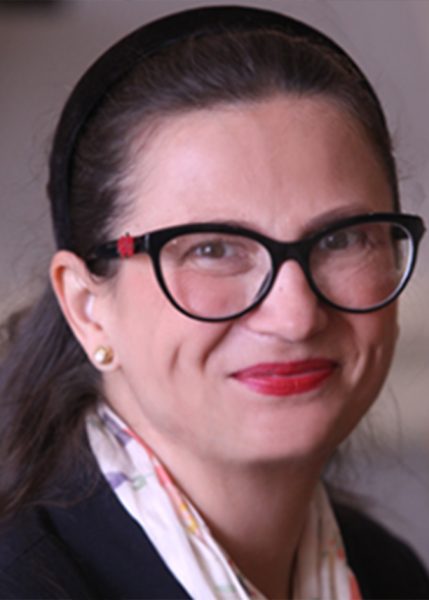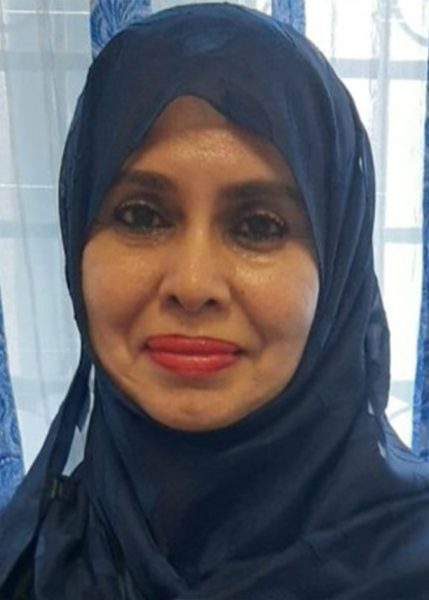HOW LICENSING CHARCOAL FROM TREE PLANTATIONS CURBS DEFORESTATION
Patricia Banda had planned to buy an improved charcoal cookstove after hearing about it on the radio. But after she attended a USAID-sponsored cleaner cooking demonstration at the Shoprite grocery store in Mzuzu, she came home with much more than a cookstove.
She learned the Government of Malawi has licensed a new type of charcoal that is produced on tree plantations, a strategy to fight deforestation as a result of the illegal charcoal trade.
Not only does this sustainable charcoal source help to protect the nation’s forests, but it’s also poised to change the business of charcoal and is rapidly expanding its reach in Malawi’s cities.
“I had no idea that this charcoal existed, and I want to test it,” she said, as she watched an employee from Kawandama Hills Plantation demonstrate how to light the charcoal in a cookstove.
In Malawi, less than 2% of the population cooks on electric and gas stoves. Instead, wood fuels—charcoal and firewood—are the primary source of cooking energy for the vast majority.
In cities, three out of four urban households rely on charcoal for cooking fuel. This paradigm, triggered by the lack of reliable energy sources and widespread poverty, has resulted in a steady increase in deforestation, exacerbating food security, health, and economic challenges.
”Kawandama Hills Plantation is one of 10 companies licensed to produce sustainable charcoal in Malawi” – Don Cuizon, MCHF. The Kawandama Hills Plantation is not far from the Mzuzu cleaner cooking demonstration. The plantation lies in the heart of the Viphya Highlands in northern Malawi. Its 6,000 hectares are part of the Viphya man-made forest that once covered over 600 square kilometres but today has mostly disappeared.
Amid these deforested mountains, the Kawandama Hills Plantation has stumbled upon a winning business model that might hold the key to alleviating the pressure on Malawi’s forests: legal, licensed charcoal.
To accelerate the supply of forest-friendly energy solutions, the USAID and UKaid co-funded Modern Cooking for Healthy Forests Program awarded the Kawandama Hills Plantation a grant to scale their production and sales of legally licensed charcoal. Since receiving the grant, they have increased production from an average of 15 metric tons to more than 80 metric tons per month, providing enough legally licensed charcoal to meet the energy needs of 1,300 households.
“In Malawi, people know the difference between legal and illegal charcoal,” says Herbet Thondoya, the plantation’s marketing and sales manager. “It’s just a matter of time before everyone is using it.”
Back at the cooking demonstration, Patricia Banda purchased one bag of the Kawandama Hills Plantation’s charcoal.
“This charcoal is very good because it is easy to light and produces less smoke. The bag doesn’t have any dust,” Patricia said. “I wish this company was near my house.”
A potential customer learns about efficient cookstoves at a clean cooking demonstration in Malawi – Eliam Kamanga, MCHF
Charting the Course
While the Kawandama Hills Plantation pioneered the production of legal, licensed charcoal in Malawi, the Government of Malawi has been concerned about charcoal-led deforestation for much longer, at least since 2007, when the government launched the National Charcoal Strategy and the National Forest Landscape Strategy, both developed with USAID’s support.
“We still believe that for the next 20 to 30 years, biomass will dominate cooking energy. The challenge is making sure that good-quality, sustainably produced biomass energies are available to offset the demand for illegal charcoal,” said Deputy Director of Malawi’s Department of Forestry Teddie Kamoto.
Right now, more than 80% of Malawi’s total primary energy supply comes from charcoal and firewood, meaning biomass harvested from the nation’s forests and farms outweighs hydropower, solar power, and other energy sources by a margin of four to one.
Kawandama Hills Plantation employee (left) sells legal, licensed charcoal to a customer in Lilongwe – Nicholas Parkinson, MCHF
Taking Bold Action
In 2020, the Government of Malawi strengthened penalties for forest-related crimes and developed charcoal regulations for legal charcoal production, transportation, and sales. The regulations, coupled with sentencing guidelines, increased the maximum penalties for the worst offenders to 5 million kwacha ($6,000) or 20 years in prison. Subsequently, between September 2020 and September 2022, the average price for illegal charcoal almost doubled, and in the capital city of Lilongwe, it increased by 105%.
“In the beginning, there were people who wanted to avoid the subject of charcoal altogether, saying that since people have to cook, it would be impossible to change,” said Clement Chilima, the former director of the Department of Forestry. “We know it is a slow movement, but charcoal must also be part of the solution, and it must be regulated with licenses.”
For the first time in Malawi’s history, the government is embracing regulated charcoal production as part of the solution. Between 2019 and 2022, the number of charcoal production licenses went from three to 10.

A market to purchase unregulated and unlicensed charcoal in Malawi’s capital, Lilongwe—Nicholas Parkinson, MCHF.
In addition to legal charcoal, the National Charcoal Strategy promotes liquefied petroleum gas, biogas, and other sustainably produced biomass energies, such as pellets. It also prioritizes the promotion of efficient cookstoves and rural economic development.
“We cannot simply deprive people of charcoal without looking at how they will cook and survive without it. Thanks to donors like USAID, the people living in the cities now have options,” Kamoto said.
In 2020, USAID and the Government of Malawi launched the Malawi Clean Cooking Fund, a $1.1 million grant fund to increase the supply of sustainable charcoal, alternative energy sources, and efficient cookstoves. The support gives capital to companies like the Kawandama Hills Plantation so that they can increase the production of legal, licensed charcoal, creating jobs while also restoring landscapes and reducing emissions.
“I am hopeful,” said Kamoto. “I see the signs that people are beginning to understand what we are fighting for.
All Categories
Recent Posts
DO YOU HAVE TO BE AFRICAN TO JOIN CBW-AFRICA?
Our Name – Commonwealth Business Women Africa (CBW-Africa)
+0123 (456) 7899
contact@example.com














